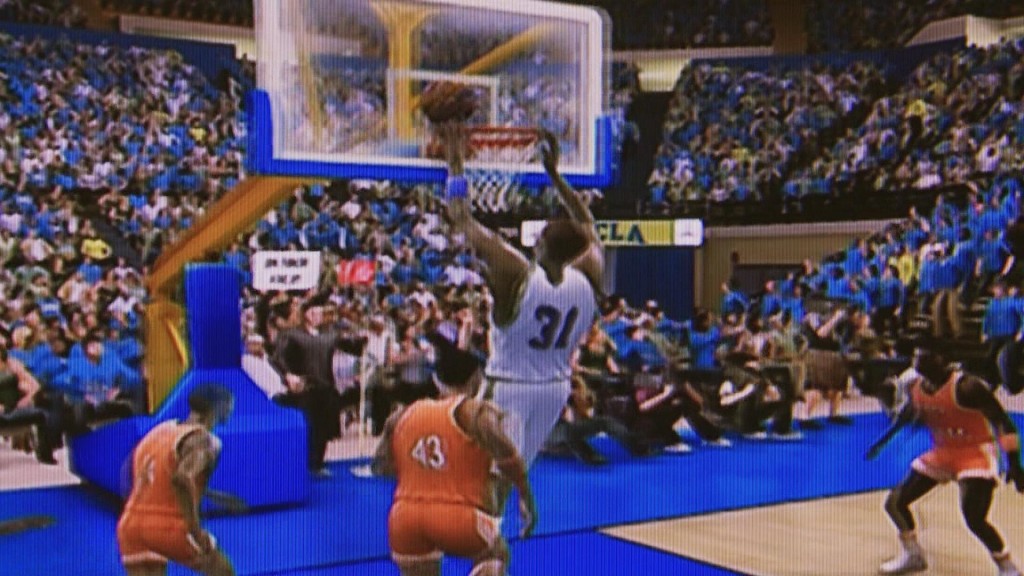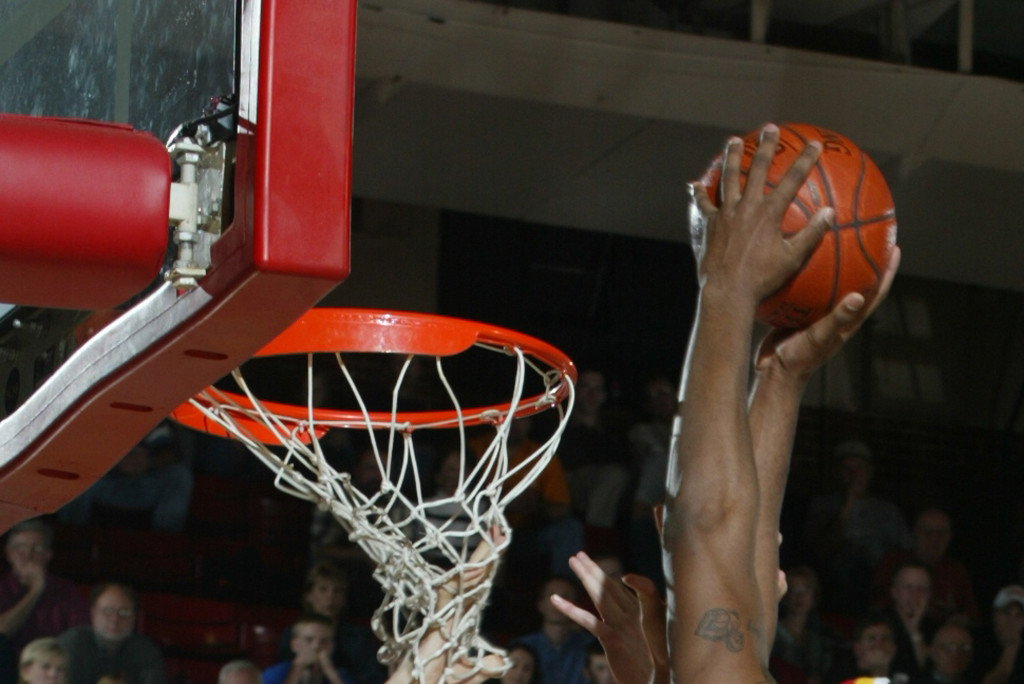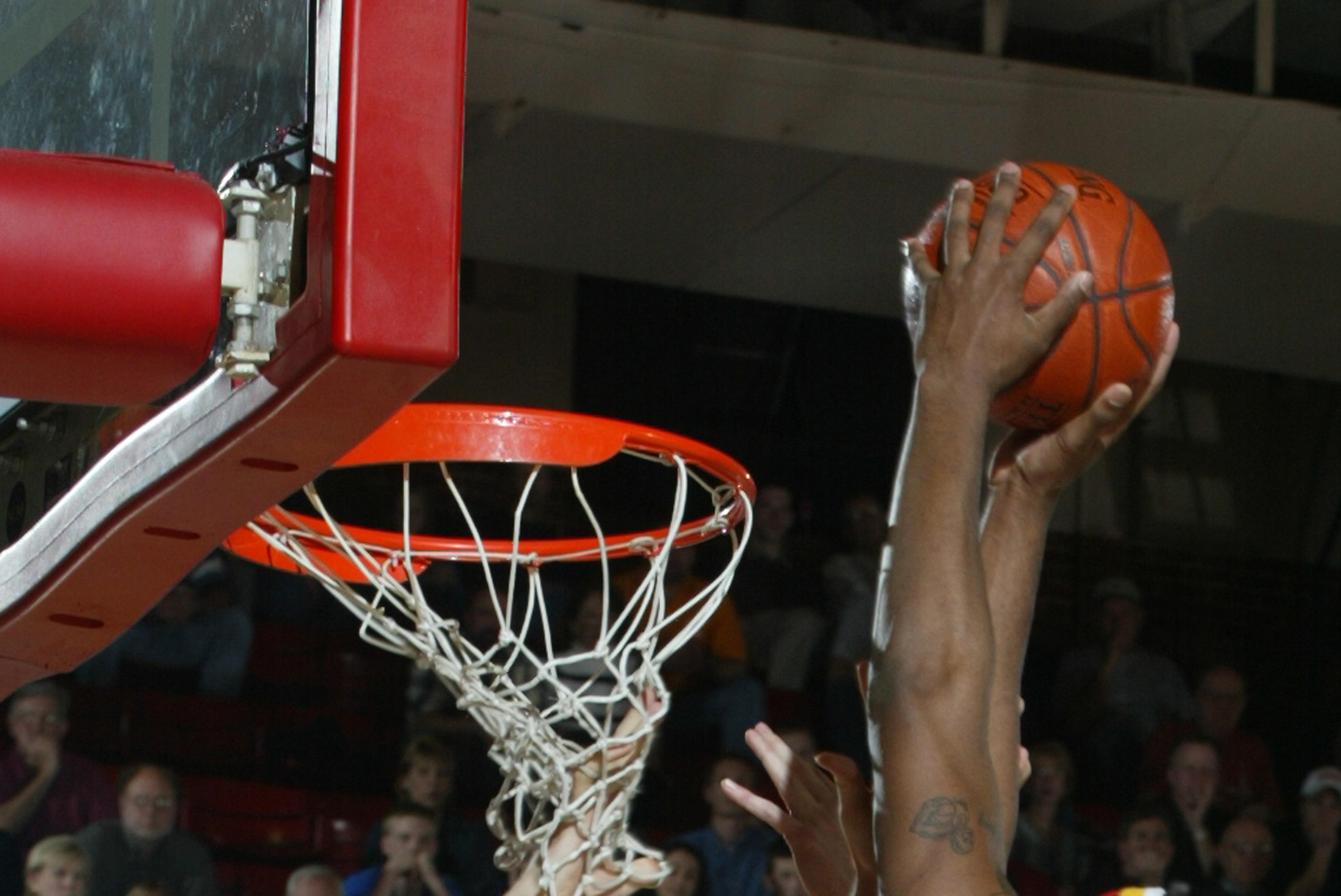Court Denies Subpoena for Lucrative NCAA Contracts

February 9, 2012
Share
Things just got a little more complicated in a class-action lawsuit aimed at NCAA profits.
The plaintiffs, including basketball stars Ed O’Bannon, Oscar Robertson and Bill Russell, accuse the NCAA and the Collegiate Licensing Company of violating antitrust laws by making money off their image and likeness years after their playing career in products ranging from video games to DVDs. The players don’t get a cut of these funds, largely because of the NCAA’s strict rules about amateurism.
Yesterday, The Hollywood Reporter reported that a massive subpoena request by the plaintiffs’ attorneys was tentatively denied by U.S. Magistrate Judge Nathanael Cousins. The contents of this request were staggering and potentially game-changing:
all television contracts concerning Division I football and basketball, all licensing agreements with “outside” licensing entities, revenue or royalty reports, all documents relating to the releases and consent forms that athletes must sign, all documents relating to copyright and licensing policies in collegiate sports, all documents relating to deals with videogame publisher Electronic Arts, and more.
The judge’s decision is the latest in a legal back-and-forth that could have serious implications for college sports: A victory by O’Bannon and the other plaintiffs could mean dramatic changes to the NCAA’s business model.
“The NCAA, along with its member conferences and schools, could be required to pay tens of millions, if not hundreds of millions, of dollars in damages — particularly since the damages are trebled under federal antitrust law,” writes Michael McCann, director of the Sports Law Institute at Vermont Law School. “A victory would also necessitate substantial changes in the relationship between the NCAA and student-athletes.”
The NCAA’s current March Madness contract with CBS and Turner Broadcasting nets $10.8 billion over 14 years, though Mark Emmert, the league’s president, says that the money helps pay for less lucrative sports. Many schools also have deals with third-party agencies to market and promote their teams, generating millions of dollars for athletics departments by selling merchandising and media rights to sponsors and broadcasters.
Emmert likely will be asked about commercialism in the NCAA during a three-hour deposition for the O’Bannon plaintiffs this March, according to The Hollywood Reporter.
Related Documentaries
Latest Documentaries
Related Stories
Related Stories
Explore
Policies
Teacher Center
Funding for FRONTLINE is provided through the support of PBS viewers and by the Corporation for Public Broadcasting, with major support from Ford Foundation. Additional funding is provided the Abrams Foundation, Park Foundation, John D. and Catherine T. MacArthur Foundation, Heising-Simons Foundation, and the FRONTLINE Trust, with major support from Jon and Jo Ann Hagler on behalf of the Jon L. Hagler Foundation, and additional support from Koo and Patricia Yuen. FRONTLINE is a registered trademark of WGBH Educational Foundation. Web Site Copyright ©1995-2025 WGBH Educational Foundation. PBS is a 501(c)(3) not-for-profit organization.





















